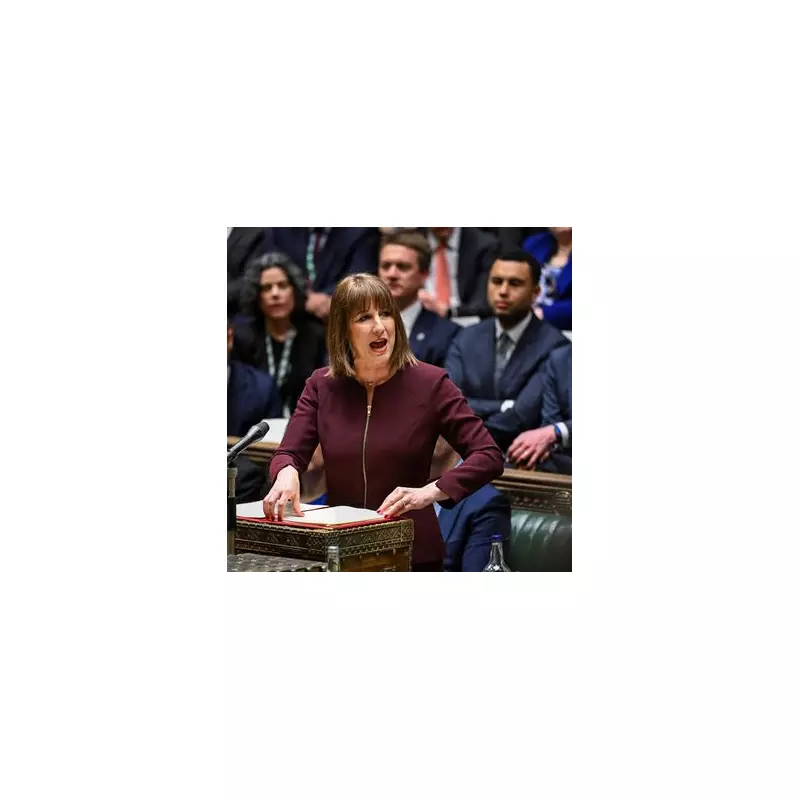
In a dramatic intervention ahead of the Spring Budget, one of Britain's most respected economic minds has issued a grave warning to Chancellor Jeremy Hunt. Julian Jessop, a fellow at the influential Institute of Economic Affairs, has declared that sweeping tax cuts could blow a £30 billion hole in the nation's finances.
The economist argues that while the political appetite for reducing the tax burden is strong, the economic reality is far more precarious. Such a move, he claims, would be dangerously inflationary, potentially forcing the Bank of England's hand to maintain punishingly high interest rates well beyond current forecasts.
The Inflationary Trap
Jessop's analysis strikes at the heart of the Chancellor's dilemma. With a general election looming, the pressure to deliver voter-friendly tax reductions is immense. However, injecting billions into the economy through tax cuts could pour fuel on the lingering fire of inflation.
'The worst of all worlds would be tax cuts that are reversed almost immediately after the election by a new government, or that force the Bank of England to keep interest rates higher for longer,' Jessop stated. This scenario would ultimately leave households worse off, negating any short-term benefit from reduced taxation.
A Question of Credibility
The warning highlights a critical issue of fiscal credibility. The UK's fiscal rules mandate that the Chancellor must ensure debt is falling as a percentage of GDP within a five-year forecast period. Jessop suggests that significant, unfunded tax cuts would make adhering to these rules mathematically improbable without corresponding spending cuts that would be politically untenable.
This creates a perfect storm: a pre-election giveaway that markets would view as unsustainable, risking a loss of confidence in UK plc and its economic management.
The Bank of England's Dilemma
This fiscal policy clash would place the Bank of England in an invidious position. Its primary mandate is to control inflation. If government policy becomes inherently inflationary, the Bank's Monetary Policy Committee would have little choice but to maintain a restrictive stance, keeping the base rate elevated to counteract the stimulus from the Treasury.
For millions of homeowners and businesses, this means continued pain from expensive mortgages and loans, a bitter pill to swallow after any brief sugar rush from a tax cut.
The Chancellor now faces his toughest balancing act yet: navigating the treacherous waters between political necessity and economic reality, with the nation's financial stability hanging in the balance.





